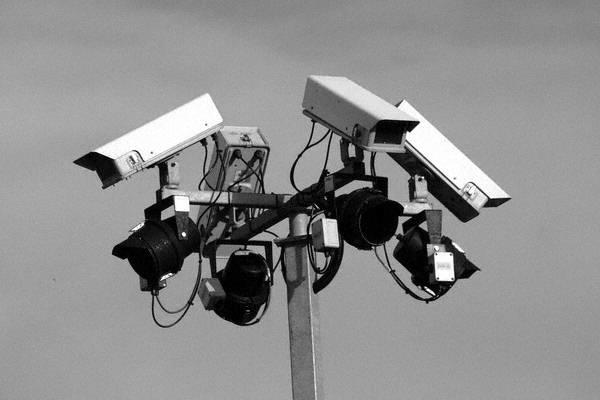
One in four people regularly suffer irrational fears of being threatened or in danger.
Paranoia is far more common than suspected, and on the increase, primarily as a result of growing inequity, social (particularly urban) isolation, and a more competitive society.
We daren't let our children play outside
We're suspicious of strangers
We fear to walk or go in many places
People are increasingly frightened of any gatherings of young people
There are security cameras everywhere, in shops, streets, stations, buses, you name it
Controls are in place for everything
Showing some form of ID is the norm for many transactions or movements
The searching of bodies, hand bags and luggage is also more and more prevalent
Average speed cameras are being introduced to tighten driving surveillance
Citizens are encouraged to report on fellow citizens
Citizens are urged to note anything suspicious
Welcome to the era of suspiciousness!
In part this is because of the increasing number of people living in cities.
For the first time, this year urban populations in the world outnumber rural.
In 1800, just 5 per cent of people around the world were city-dwellers.
By 2030, this is expected to have risen to 65 per cent.
Rates of paranoia are known to be twice as high in cities than in rural communities,
Social bonds are much looser in cities than in smaller, rural communities where ready-made, relatively stable support networks exist
Social isolation, a frequent drawback to urban life, is closely associated with paranoid thoughts.
In the UK, nearly four times as many people live alone as fifty years ago.
Increasing paranoia is certainly one more challenge posed by rapidly rising urbanisation
Unequal distribution of wealth plays a major role in fostering paranoid feelings
As do feelings of powerlessness
Feelings of being controlled all the time at work, or when travelling anywhere, even when shopping or relaxing in a park
US research shows that populations with the widest income inequalities also have the lowest levels of trust, and the highest death rates.
Mistrust is associated with greater numbers of deaths from cancer, heart disease and strokes.
There is no sign that government has any ideas to change this other than ever more tighter controls for everything
The media continually hype up threats by adopting an "if it bleeds, it leads" attitude to reporting
As individuals a paranoid feeling only tends to produce what you are paranoid about
This creates a vicious circle
Breaking paranoid feelings paradoxically can be achieved by embracing love
The ideas and feelings of love produce a lighter and brighter experience of the world
However for people living in isolation, under pressure and fear this is often a stretch too far
Please ensure that you do not go down this road
Build your life on love and trust
There is no other lifelong protection
Observing culture in decline is an interesting experience
No comments:
Post a Comment